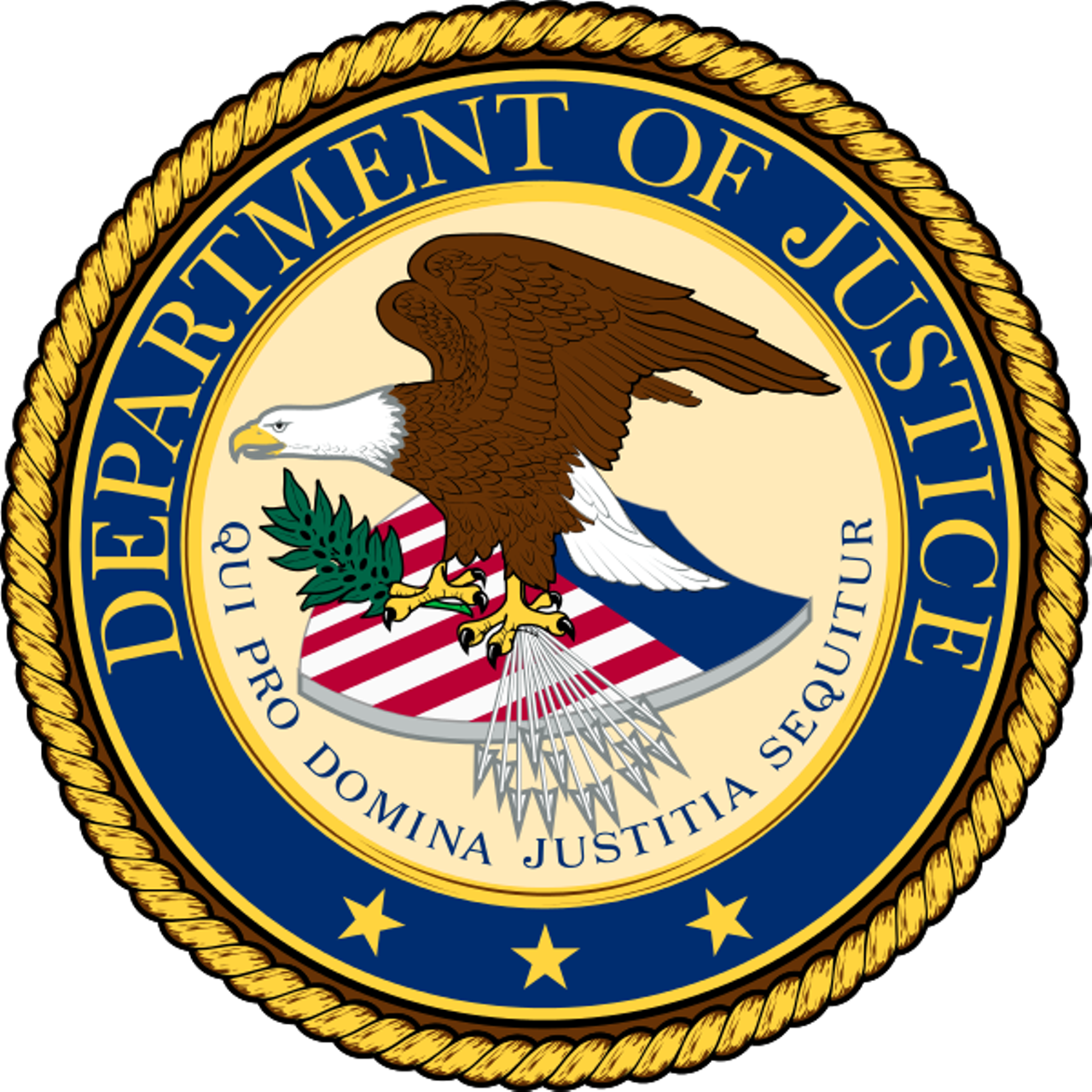Mike Dunavant, the retiring U.S. Attorney for Tennessee’s Western District, declared Tuesday his concern about the constitutional carry bill that had just been passed by both chambers of the legislature and was sped on its way to being signed by Governor Bill Lee.
Speaking to a Zoom meeting of the Rotary Club of Memphis, Dunavant noted that he had been a member of the Memphis-Shelby County Crime Commission, whose members included Sheriff Floyd Bonner, Memphis police director Michael Rallings, Mayor Jim Strickland and “good and smart law enforcement leaders,” and that the Commission, “with my endorsement and blessing,” had publicly opposed the measure.
Said Dunavant: “We believe as a group that that would increase the prevalence of firearms on the streets, and vehicles, and on people’s parcels, and would escalate and elevate violent crime. The last thing we need in Memphis is more guns and more violent crime. We believe that to be the case and I’m sorry that that is the policy choice that has been made.”
Dunavant said that “the problem goes back farther than just this year’s legislation,” recalling the General Assembly’s passage some years ago of legislation extending “the castle doctrine of possession of firearms for your home to your business and your car.” That earlier change, he said, had occasioned a rash of car burglaries and shooting incidents in traffic and had made things “very difficult” for law enforcement.
However, Dunavant acknowledged one silver lining of sorts — that the new “constitutional-carry” bill did contain provisions strengthening penalties for gun crimes.
A Trump appointee, Dunavant was introduced by former U.S. Attorney Mike Cody, who observed that the two of them had in common that they had been named by Presidents who served only one term. Cody had been appointed in the administration of Democrat Jimmy Carter.
Asked about the status of prosecutions following the January 6 insurrection at the U.S. Capitol building, Dunavant called that event “an attack on the very foundations of democracy in our constitutional republic” and said, “We all knew on the ground this was serious and it was going to take an immediate and serious turn for aggressive enforcement.” Federal law enforcement agencies intended to “spare no resource in cracking down and identifying” the participants in the Capitol attack, which threatened “the very seat of our government.”
There was “nothing more serious,” he said, “and we had to get to work identifying those from West Tennessee who had traveled there with the intent or purpose of participation in that violence.” The search continues, he said, with two people having been charged so far.

Looking back on his tenure, Dunavant noted that all three of the individuals who had served as U.S. Attorney General during that time — Jeff Sessions, Matt Whitaker, and Jeffrey Rosen — had made official trips to Memphis.
“The bad news is that we got the attention of these Attorney Generals, because we have an element of violent crime, obviously. The good news is that I was able to get the attention of the Attorney Generals to make sure that we were getting the resources in Memphis and the rest of the city, we needed to combat crime.” Much of that effort was in countering crimes involving firearms, Dunavant said. He credited two federal operations — Operation Relentless Pursuit and Operation Legend — with furthering significant reductions in such crimes.
Violent crime is not inevitable, he aid. “It’s not like the waves of the ocean or the wind. we can do something about it.” Among other operations of his office, he touted a dragnet initiative called “Bluff City Blues” and one to counter heroin abuse, which netted several “misbehaving medical professionals.”
Asked if his future endeavors included seeking elective office, Dunavant said, “All I ever wanted to do was to become prosecutor, and I had to become a politician to do it. Certainly if it is the right time and the right position, I’m always willing to serve in whatever way is necessary by putting my name on a ballot or making myself available for future appointments.”
